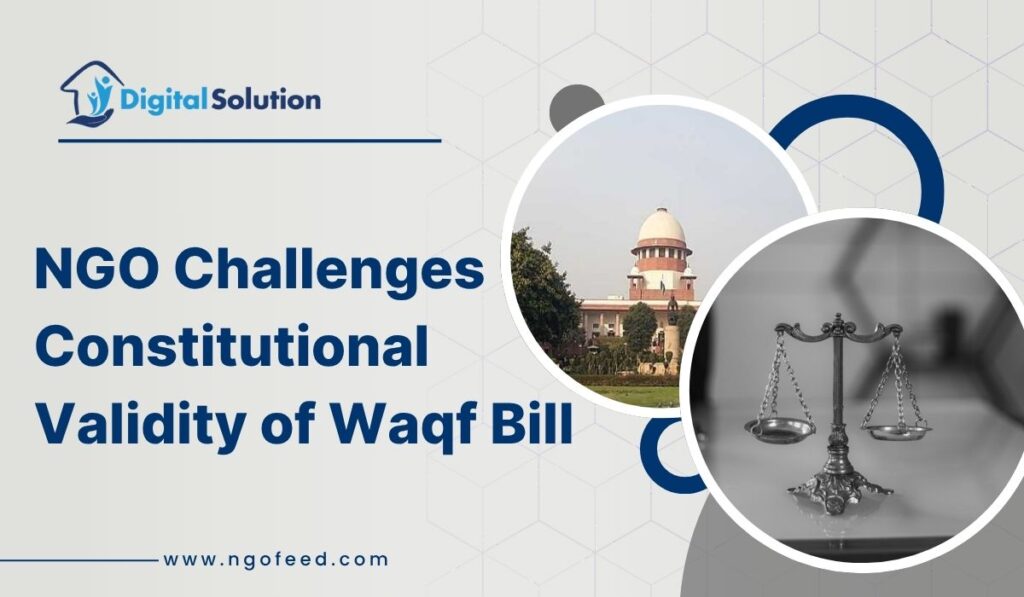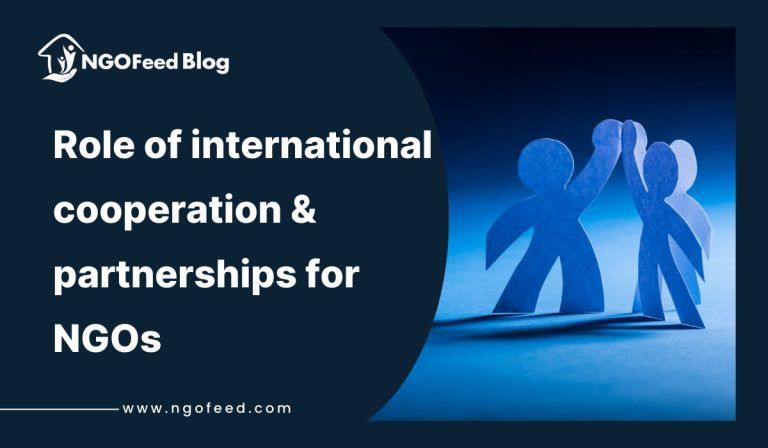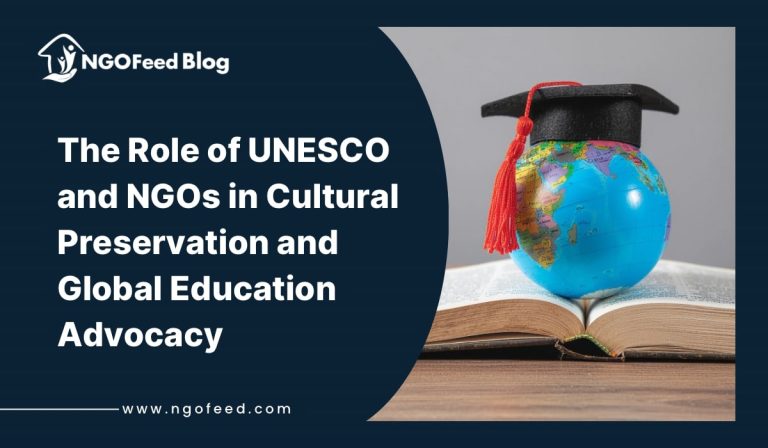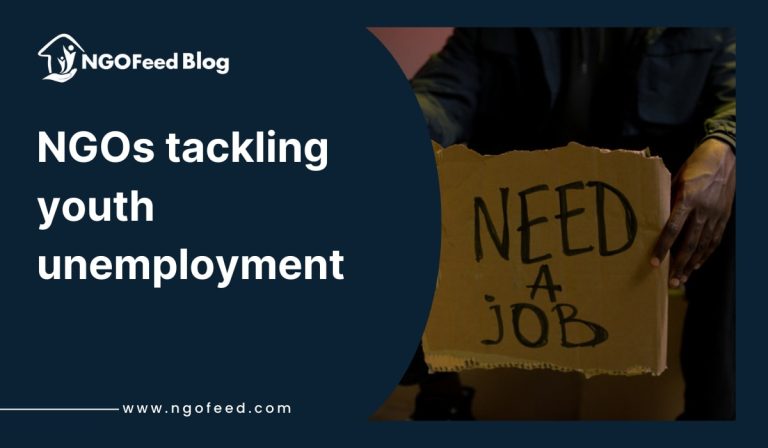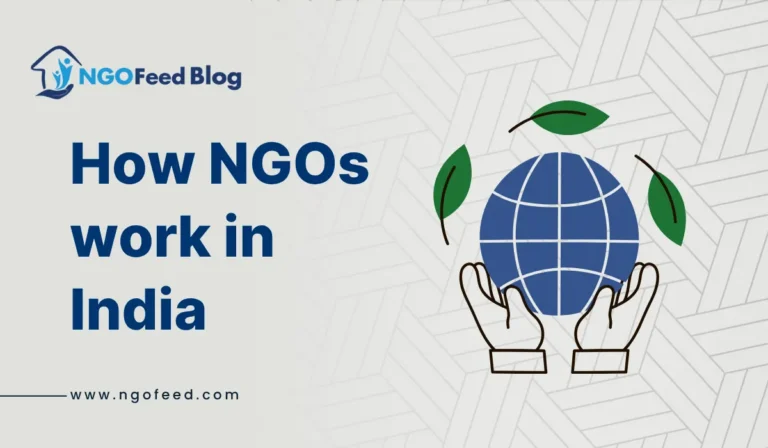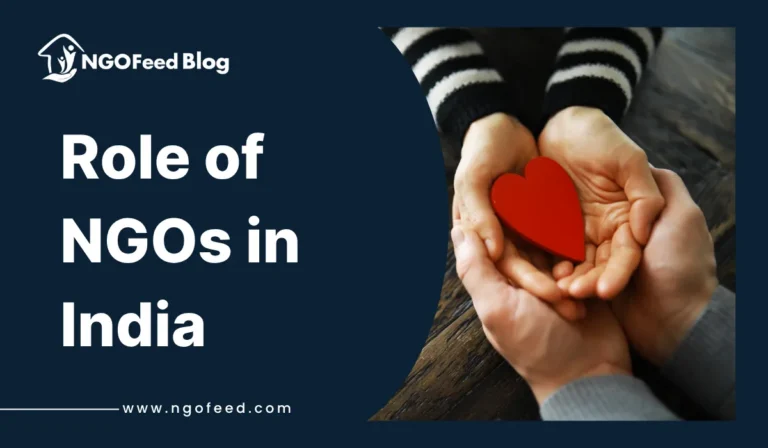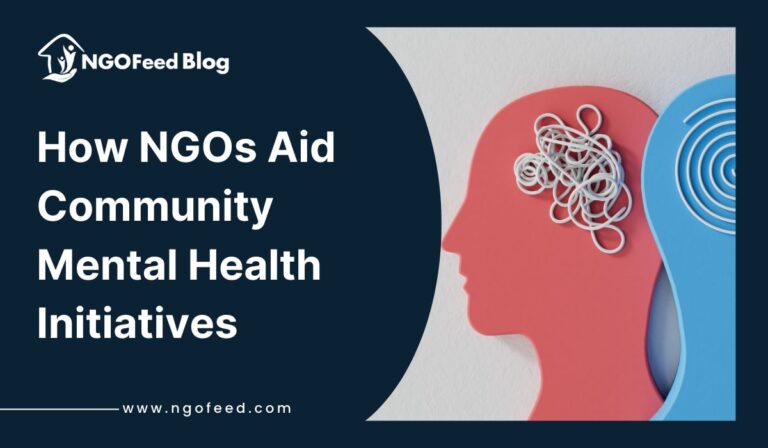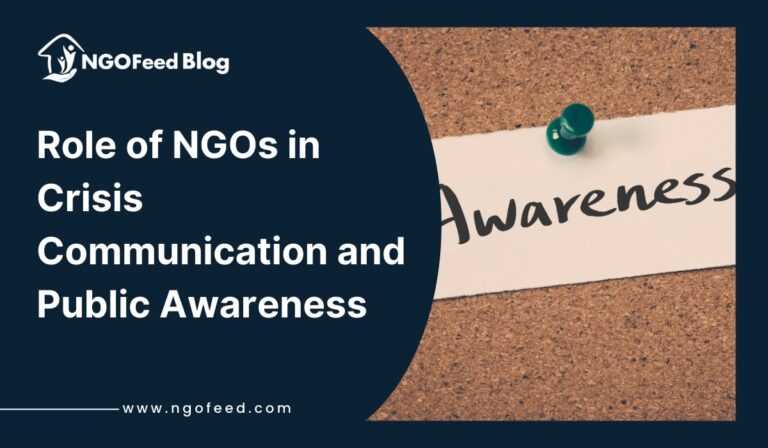NGO Challenges Constitutional Validity of Waqf Bill: Recently, a well-known NGO challenged the constitutionality of Sultanpur’s Waqf Bill, inspiring much debate in legal and civil society over religious independence, property matters, and secularism in India. The organisation argues that some parts of the Bill are unclear and infringe on rights listed under Articles 14 (Right to Equality), 19 (Freedom of Speech and Expression), and 25 (Freedom of Religion) of the Constitution.
The Waqf Bill, aimed at regulating waqf properties (Islamic charitable money or land), has received criticism because it allows Waqf Boards to act without much restriction. As the NGO points out, such declarations may allow misuse, make the procedures less open and interfere with the property rights of those who do not receive Waqf benefits.
Also, the petition claims that the Bill infringes on secular governance because its provisions are likely to favour certain religions instead of treating all people equally, as is expected in an inclusive society. Challenging the Bill in court would also trigger a broader examination of how the rights of religions, accountability in administration and some personal freedoms relate to each other in Canada.
Also Read: Role of NGOs in Slum Development
It is not only about the small details of a bill—it also addresses subjects like government, requirements for minorities and the organisation of the country’s religious endowment system. With it gaining weight, it has the potential to become an important case in connecting faith, law and civil rights.
Table of Contents
Background of the Waqf Bill
In India, the Waqf system comes from Islamic culture, allowing people to give their land or belongings to religious organisations or for the poor, assisting mosques, schools or community programs. There are Waqf Boards, formed according to the Waqf Act, 1995, that look after the waqf properties. In recent years, a number of issues related to misuse, taking over land and difficult processes for approval have occurred with Waqf.
To solve these problems, the government passed the Waqf (Amendment) Bill, which aims to make management easier, modernise Waqf records and strengthen the roles of the State and Central Waqf Boards. The Bill suggests ways to prevent anyone from illegally occupying land owned by Waqfs and to help community development.
Also Read: Empowering Women-Led NGOs: The Rise of Female Changemakers
Some people argue that the Bill concentrates power without guaranteeing enough accountability. Critics are worried that Waqf Boards can make a property Waqf land without legal checks or notifying the owners, which can cause problems for individuals. Such tactics have people questioning possible violations of people’s property and due process.
How the Bill came about indicates that prioritising reform in religious trusts and safeguarding constitutional rights often creates conflicts. Because of all this, the NGO’s recent court case is significant, since it examines whether the changes follow democratic and constitutional standards.
Grounds for Constitutional Challenge
Mainly, the NGO’s in India petition says that the Waqf Bill runs against the basic freedoms mentioned in the Indian Constitution. Many objections are directed at Articles 14, 19 and 25.
1. A violation of Article 14 (Right to Equality).
The law would allow Waqf boards to decide that land is Waqf property without fair and open discussions, the parties involved being heard or any needed legally approved rules. They say this leads to different and discriminatory rules for property, which is against the idea of equal treatment by law.
2. Problem in compliance with Article 19 (protection of property and freedom of expression).
The property right is considered a constitutional legal right, even if it is not a basic human right anymore. The NGO claims that Waqf Boards having unrestricted power to declare land as belonging to a Waqf takes away citizens’ rights without giving them access to courts. Any protests or complaints against these rulings might be automatically avoided, which goes against the freedom of expression and other civil liberties.
Also Read: Role of NGOs in COVID-19
3. Violating Article 25 (freedom of religion) is known as the crime of Religious Persecution.
According to the NGO, the Bill results in the state taking part in Waqf affairs in ways that can suppress other religious groups, which is against secularism and religious neutrality.
Because of these grounds, the NGO has challenged the Bill and asked for it to be reviewed by a judge.
Role of the Petitioning NGO
The NGO involved in the constitutional challenge of the Waqf Bill is an organisation that has a long history of standing up for civil liberties, secular governance, and property rights. With known capabilities in its legal activism and policy research, the NGO has previously acted in public interest litigations (PILs) dealing with land rights, minority protections, and good governance and transparency.
In the Waqf Bill’s case, the NGO plays an important role in raising consideration of the potential constitutional and social implications of the proposed legislation for ordinary individuals. The NGO has a specific challenge in voice for those citizens who are affected, especially for those citizens in the non-Waqf community that may be affected by unilateral declarations or decisions to declare land ownership. It argues that the Bill compromises legal due process, undermining the parallelity between religious trusts and the state’s neutrality.
Also Read: Role of NGOs in Dalit Upliftment
The NGO’s petition, the one that will be challenged in the Constitutional Court, filed the legal and procedural inconsistencies in the Waqf Bill, backed by case studies, experts, and precedent. Moreover, the NGO contended that if the Bill was passed unamended, it would grant unaccountable and unchecked Waqf Board authority without judicial or external oversight, especially in rural, semi-urban settings where land title registries and ownership records are often contested and known to be unclear.
In addition to legal action, the NGO is conducting public awareness campaigns, stakeholder consultations and policy briefings to expand the issue’s exposure in civil society. The NGO’s proactive approach is indicative of its commitment to sustaining constitutional values and promoting an inclusive and equitable legal framework for all communities.
Concerns Over Property Rights and Administrative Overreach
A significant issue of concern for the petitioning NGO is the possible infringement of property rights, arising out of the proposed Waqf Bill. The most contentious provision of the proposed Bill allows the Waqf Board to declare any property to be “Waqf property”, based on either historical claims or internal evaluation, albeit without public notification or any right for judicial review. The NGO claims that this opens the door to administrative excessive use of power, and denies rightful landowners their opportunity to challenge that designation fairly and transparently.
Also Read: Role of NGOs in Influencing Government Policies
In many instances, landowners and communities find out only after the property has been designated as Waqf property, and the lengthy and costly legal proceedings then ensue. The NGO claims this level of unilateral powers enables mass land disputes, especially in areas of overlapping or unclear land titling. The NGO further submits that the provisions augment other issues of a lack of a first appeal process, and a lack of independent oversight.
It also forces a broader issue of whether the state should be managing religious endowments whilst attempting to perform the function of maintaining a secular state. The Bill’s great extent of delegation and autonomy to Waqf Boards can have and may well create precedent for exclusionary property control without accountability, exposing the lack of natural justice and rule of law that underpin constitutional democracy.
Legal and Social Implications of the Case
The constitutional case regarding the Waqf Bill has important implications. In legal terms, the case may establish a precedent for how religious bequests are administered within a secular democracy. For example, if the court finds certain elements of the Bill infringe on fundamental rights relating to equality, property, or due process, there may be amendments made not only to the Waqf Act, but potentially to regulate the administration of similar types of religious or charitable trust across communities altogether.
Also Read: Role of NGOs in Cancer Care
Socially, the case has raised discussions around land ownership, minority rights, and the interplay between religious independence and constitutional obligations. To many individuals and communities, especially in rural and semi-urban areas, this is not merely a legal issue, but in fact, matters of livelihood, generational property, and identity. The fear of arbitrary land acquisitions or declarations as Waqf property has alarmed many stakeholders from social and religious factions.
If this project is used as a platform for addressing how civil society and NGOs engage with legislation that impacts community rights and governance, it could change the way most do their work. If a decision is issued that favours accountability and judicial scrutiny, it will become easier for informed citizens to approach members of the judiciary in similar situations. Ultimately, the case illustrates the tension that arises when one seeks both regard for religious freedom and individual rights, and compliance with the standards within the Constitutional framework.

